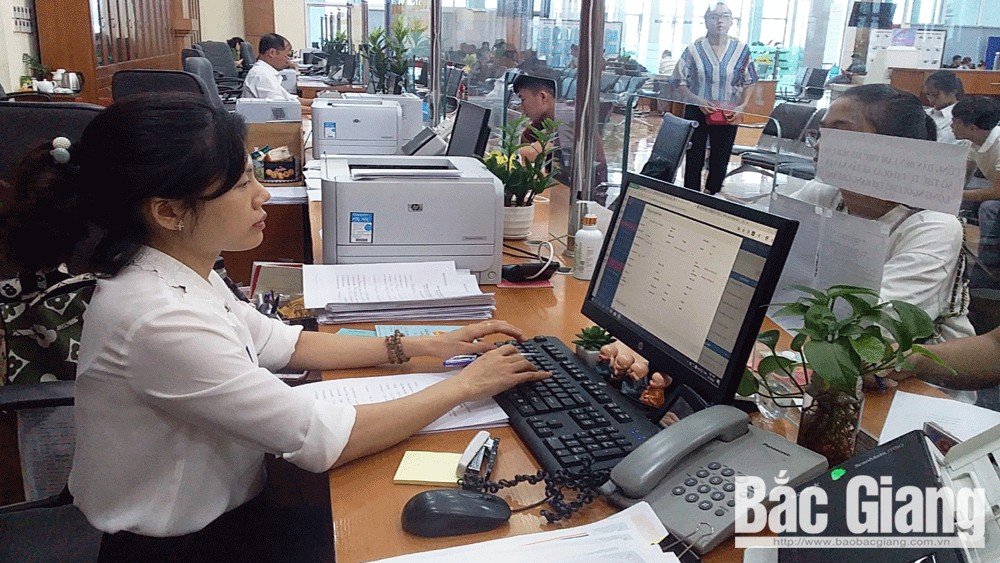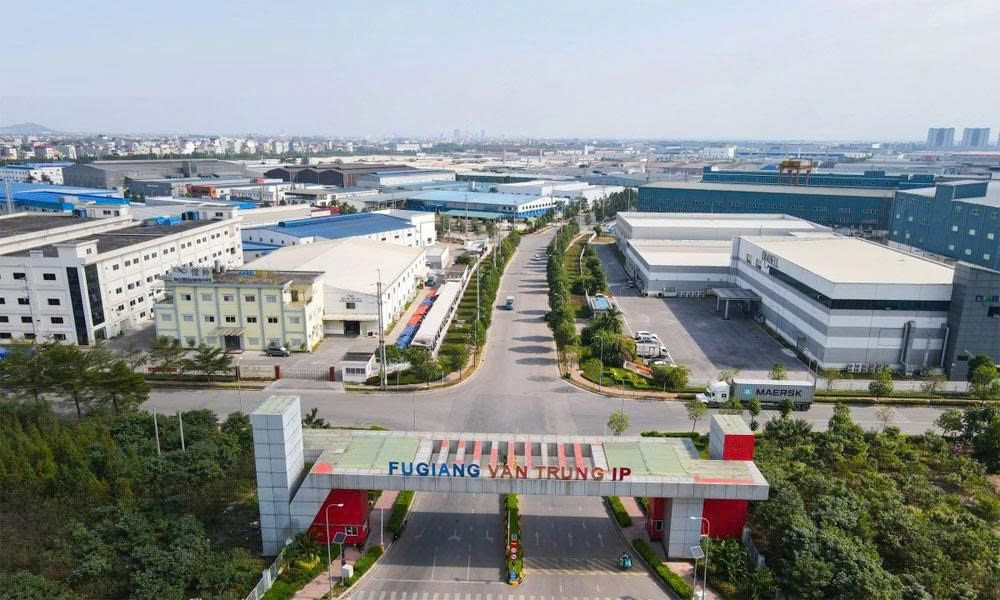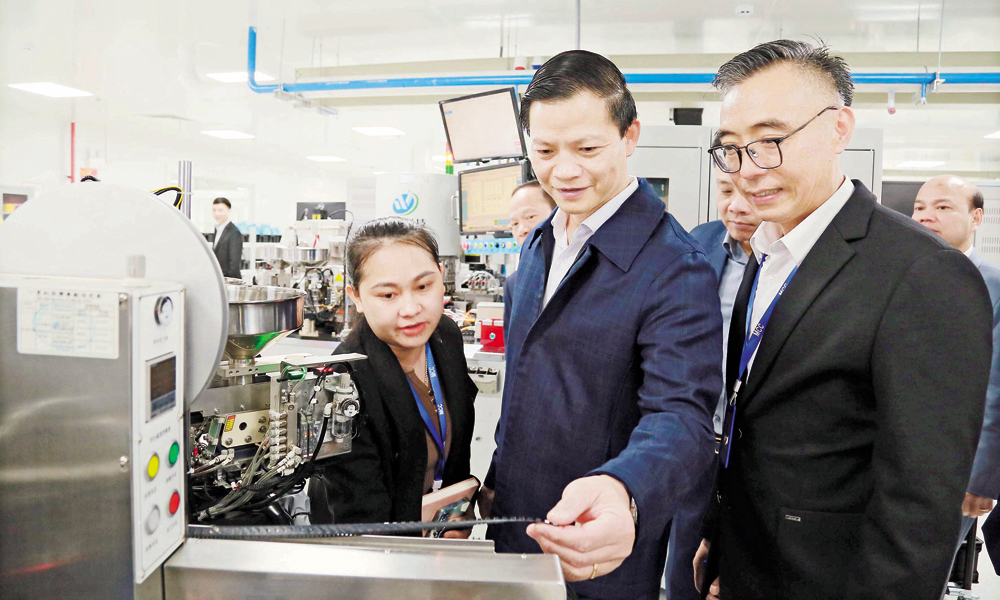Bac Giang prioritizes digital infrastructure development
Attempts to prepare for digital transformation
In Bac Giang, preparing for digital infrastructure development, authorities at all levels have applied information technology (IT) in operations and administrative reform, creating a foundation to build an e-government that puts people and enterprises at the center towards a modern and transparent administration.
 |
|
Applying information technology in work at the provincial Public Administration Service Center. |
Bac Giang has devised and issued mechanisms and policies on IT development in the 2019-2022 period as well as plans on guidelines and policies to actively participate in the fourth Industrial Revolution. With the proactiveness, the development of technology platforms towards digital infrastructure has seen many advantages. Bac Giang now has 1,417 Base Transceiver Stations (BTS) delivering 3G and 4G coverage to all communes and wards across the province.
In addition to the BTSs, the provincial Data Integration Center has also been invested to ensure information safety and security, well serving the provision and exploitation of data of agencies at all levels and sectors. The document management software system is deployed to four levels of agencies; while digital signature is integrated on the software with 5,182 digital certificates.
Forming local digital technology enterprises
Ngo Dinh Tien, Deputy Director of the provincial Department of Information and Communications, said that despite achieving initial results, the implementation of digital infrastructure in the province still faces "bottlenecks" such as asynchronous IT infrastructure; small-scale provincial data integration center; low-profile IT equipment and hardware; the absence of a smart monitoring and management system and an information security monitoring center; and limited IT human resources quality.
 Together with businesses, every citizen strives to have a smartphone. From now to the end of 2025, Bac Giang needs to accomplish the goal of each family having a superfast Internet network, as it is the basis for developing digital platforms. Each household should have a postal code to look up addresses and other information Minister of Information and Communications Nguyen Manh Hung. |
Tien said that in order to develop digital infrastructure, the department has proposed solutions which will be implemented in line with a roadmap. Firstly, it is necessary to raise the whole society's awareness of building e-government to serve the leadership and management of activities of agencies in the political system, thereby prioritizing the building of digital infrastructure.
The department will implement effectively the mechanisms and policies of the Government on building e-government; carry out programmes, projects and plans to develop smart urban services and build e-government towards digital government; upgrade and develop the information system to process files completely online.
Suggesting the development of digital infrastructure while paying a working visit to Bac Giang recently, Minister of Information and Communications Nguyen Manh Hung said that the province needs to soon have plans on telecommunications infrastructure development. Bac Giang has a number of telecommunication enterprises with big financial potential, but the authorities should set specific goals, creating favorable conditions for them to invest in digital infrastructure.
“Together with businesses, every citizen strives to have a smartphone. From now to the end of 2025, Bac Giang needs to accomplish the goal of each family having a superfast Internet network, as it is the basis for developing digital platforms. Each household should have a postal code to look up addresses and other information,” said the minister.
Also according to Hung, currently only about 25 percent of people in Bac Giang province have a bank account, so the goal is that all of the population must have a bank account in the nearest future.
Industrial parks need to be covered with 5G network this year or 2021 at the latest to welcome a new wave of investment. Especially, smart factories need 5G infrastructure to serve.
It is necessary to transform telecommunications infrastructure into digital infrastructure and digital economy, and develop about 2,000 local digital technology enterprises to apply IT in all socio-economic fields in the province. On average, the province strives to have a digital technology firm per 1,000 people by 2025.
Trinh Lan
 Bắc Ninh
Bắc Ninh















Reader's comments (0)